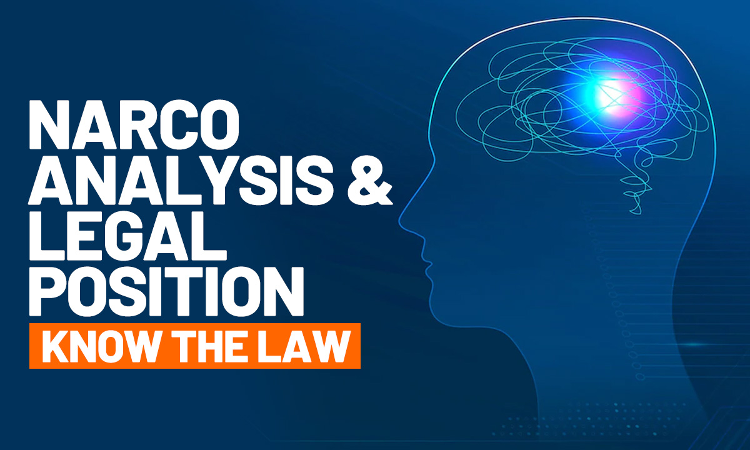Explained | Shraddha Walker Case: Narco-Analysis Test And Legal Position
Sofi Ahsan
1 Dec 2022 12:42 PM IST

Next Story
1 Dec 2022 12:42 PM IST
Aaftab Amin Poonawala, who is accused of the gruesome murder of his live-in partner Shraddha Walker, was taken to a hospital in Delhi's Rohini on Thursday for a narco-analysis test. The scientific technique is used to elicit concealed information from an accused in a criminal case for furtherance of investigation. But what are the implications of such investigative tools in criminal cases?...
